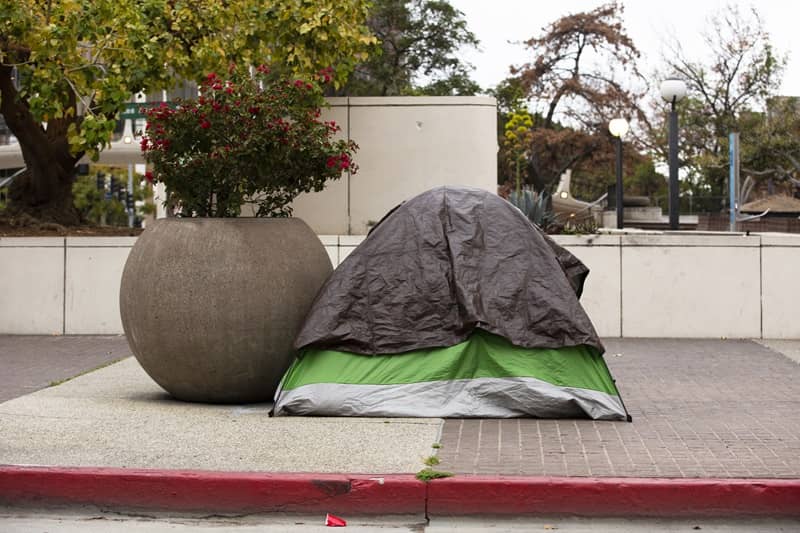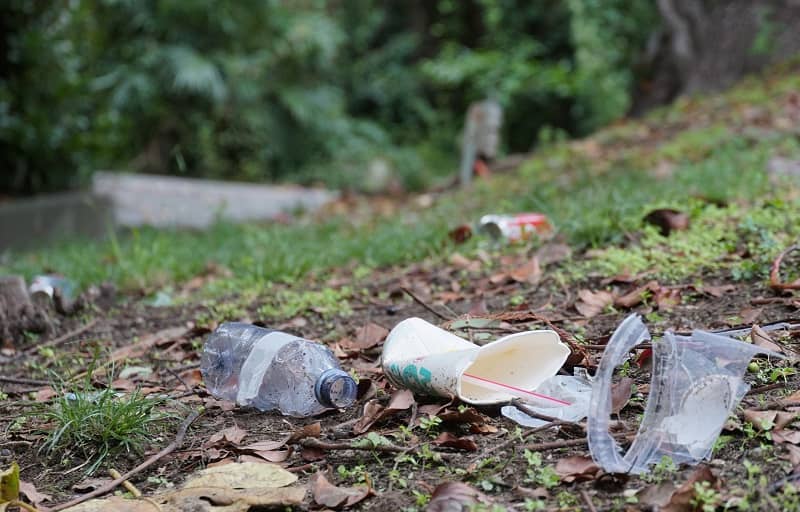Measure 76 will take a law which sunsets in 2014 and turn it into a constitutional amendment reserving in perpetuity 15% of lottery proceeds for water, parks and wildlife programs. Approved in 1998, the original measure was intended to fix a dilapidated park system and improve watersheds throughout Oregon. Today, many of the measure’s original objectives have been accomplished, raising the question of whether any government program can ever end.
Measure 76 constrains state resources in times of critical need. There are also unforeseen consequences to passing Measure 76. If lottery funds grow, the fund allocation grows. But if lottery funds decrease, protections are built in to index the fund’s growth to the growth of the state’s General Fund. In other words, the pot of money can grow but will never diminish. Even proponents recognize that the measure is poorly written. In an effort to stave off opposition, they have promised to fix the problems with a subsequent ballot measure. However, the best solution is not to pass the measure in the first place.
The original measure guarantees funding until 2015, and nothing prevents the legislature from continuing the same level of lottery funding after that time. Funding this biennium alone has equated to $180 million. This large an expenditure and amending our Constitution should not be taken lightly. Vote no on Measure 76.
Karla Kay Edwards is Rural Policy Analyst at Cascade Policy Institute, Oregon’s free market public policy research organization.











